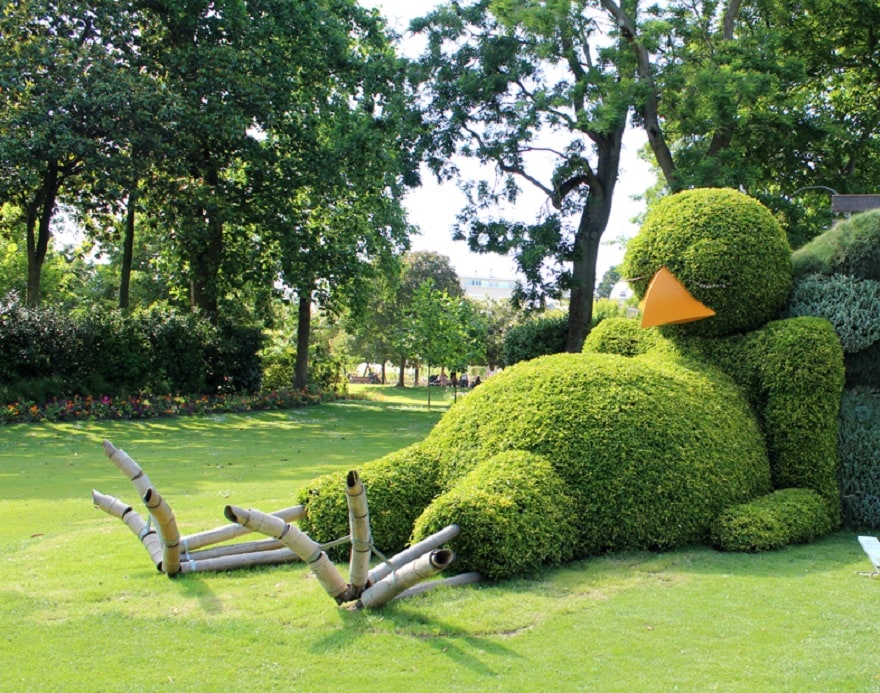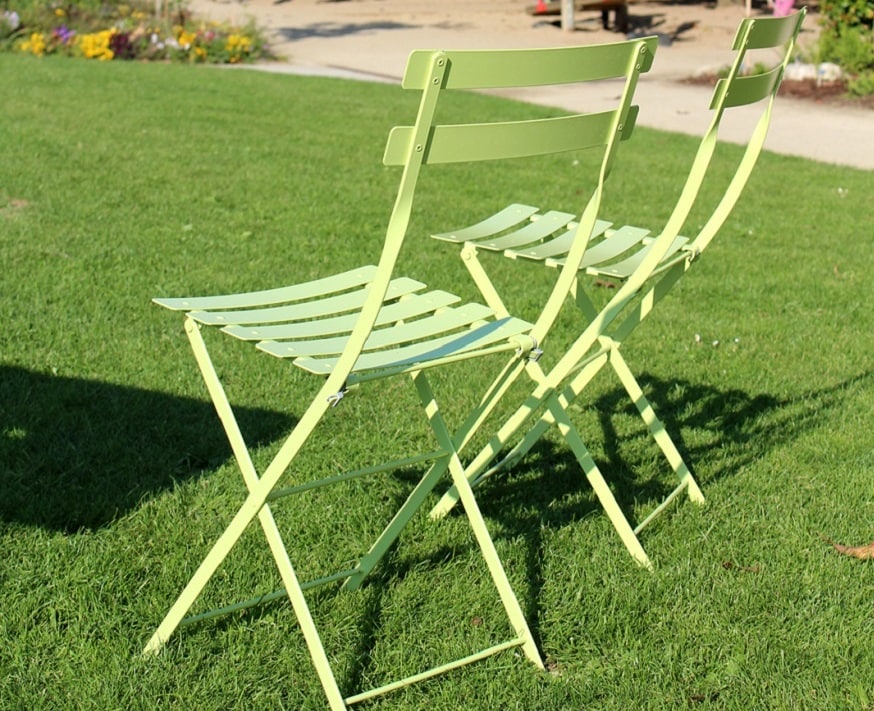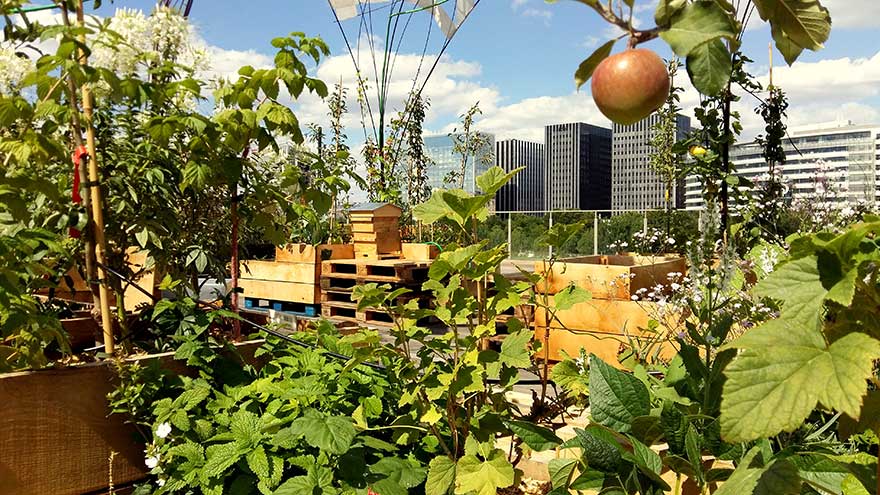• Afin de favoriser la mobilité et l’activité physique, 8 villes sur 10 ont installé des parcours sportifs dans leurs espaces verts• 9 villes sur 10 avaient anticipé le « zéro-phyto » et pris des mesures facilitant la transition depuis au moins trois ans• Seul 1 service « Espaces verts » sur 10 entretient des liens forts avec le service « Santé ».
LIRE AUSSI DANS UP’ : Tous unis autour des jardins partagés
Jardins & Santé : les initiatives pionnières bourgeonnent en France

Activité physique, lutte contre la pollution, jardins thérapeutiques : les exemples à suivre

Lyon & Strasbourg : favoriser le sport par les jardins
Caen & Metz : des jardins qui prennent soin des citoyens
Des espaces verts plus sains
Une implication des services Espaces verts dans les projets de santé publique à développer














